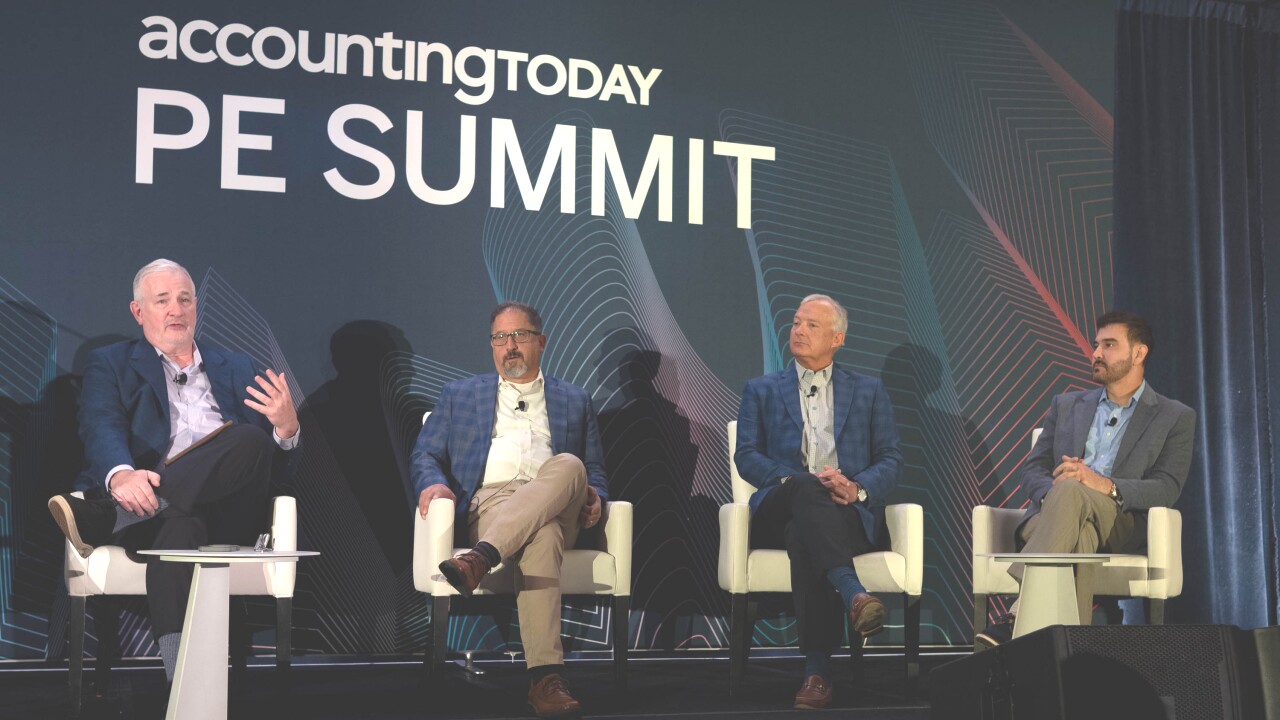More business travelers are using scooters to get around town, and the rentable scooter trend is starting to show up in corporate expense reports.
The quarterly
Bird was also the least expensive scooter service, with an average receipt of $5.01, compared to Lime at $5.86, Razor at $5.95, and Scoot at $6.23. Bird and Lime were also the top-rated scooters in Q1 2019, each garnering a 4.5 star customer rating.

“Our findings are significant in that they demonstrate continued interest in sharing economy services among businesses and business travelers,” says Certify CEO Robert Neveu in a statement. “The emergence of scooters-as-a-service shows business travelers are time and cost conscious—if there’s a better way to get around, the business travel community will find it.”
Uber owns a minority stake in Lime, giving the ride-hailing giant a piece of the fast-expanding industry. Certify’s Q1 2019 SpendSmart report also indicated the continuing dominance of Uber on expense reports. The company, which is in the process of going public, was the most-expensed vendor, with 12.04 percent of all expenses in the first quarter, followed by Strabucks, at 3.94 percent, and Amazon, at 3.78 percent.
In the ride-hailing category, Uber was clearly dominant among its competitors, making up 73 percent of all car-related ride hailing transactions in the first quarter. Its main rival, Lyft, which recently went public, took 22 percent of receipts and expenses in the category, but that represented a nearly 4 percent increase over Q1 2018. Taxis were relegated to the remaining 6 percent of first quarter ride-hailing transactions, an indication of shifting trends among business travelers.
Uber was also the least expensive car-related ride hailing option among business travelers in Q1, with an average receipt of $25.19 compared to $25.32 for Lyft. Taxis again brought up the rear on price, with an average transaction price of $33.53. While the average Uber and taxi expenses have remained about the same from Q1 2018 to Q1 2019, the average Lyft price has increased nearly $6 over that time period. For the fifth quarter in a row, though, Lyft was the top-rated ride hailing service, with an average rating of 4.9 stars, according to Certify’s 5-star customer rating system.
Food delivery was another typical business expense in Q1 2019. Grubhub topped the list at 29 percent of all transactions compared to 21 percent for Uber Eats, 21 percent for DoorDash, 14 percent for Postmates, 10 percent for Caviar, and 6% for Seamless.
Caviar was the most expensive food delivery service in Q1 2019, with an average receipt of $113.61 compared to $81.16 for Seamless, $61.57 for Grubhub, $58.72 for DoorDash, $58.25 for Uber Eats, and $56.23 for Postmates. Caviar was also the highest rated service in Q1, scoring a perfect 5.0 in Certify’s 5-star rating system, followed by Uber Eats at 4.6 and Seamless at 4.5. Q1 2019 was the first quarter in which Certify tracked Caviar.
Starbucks was the most expensed food option in Q1 2019, accounting for 5 percent of transactions. Starbucks was also the most expensed breakfast option, making up 18 percent of all breakfast receipts and expenses in Q1 2019, while McDonald’s was the top lunch and dinner choice at 3 percent and 2 percent of transactions for those meals, respectively.
In terms of hotel expenses. Marriott at 9.08 percent topped Hampton Inn at 8.97 percent as the most expensed lodging service in Q1 2019; Marriott was also the most expensive, at $300.58 on average.
In the airline category, Delta was the most expensed airline in the first quarter of the year, earning 19 percent of all category transactions, compared to 17 percent for American Airlines.
Meanwhile, Alaska Airlines, JetBlue, and Southwest Airlines all tied for the top rating among airline vendors, with an average user rating of 4.6 stars.





